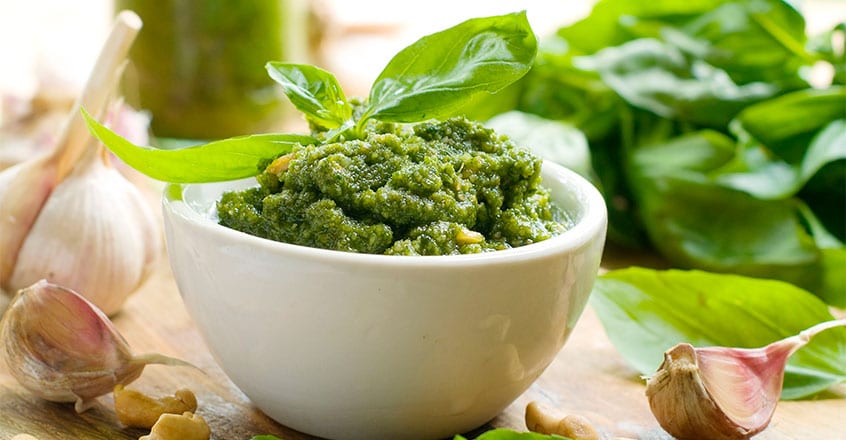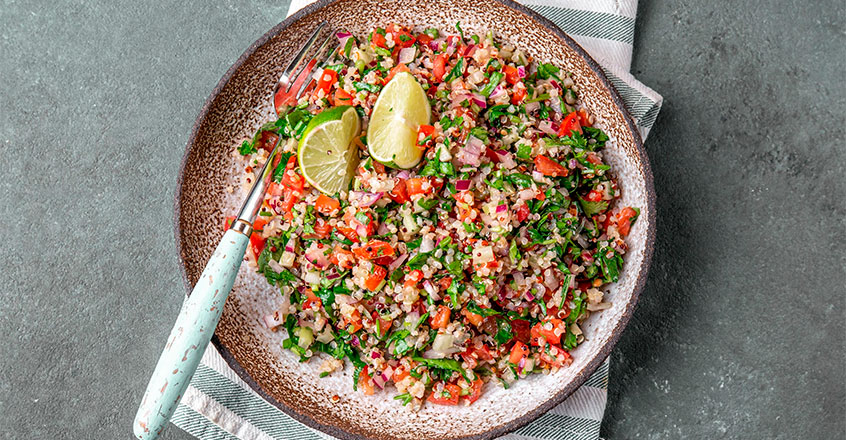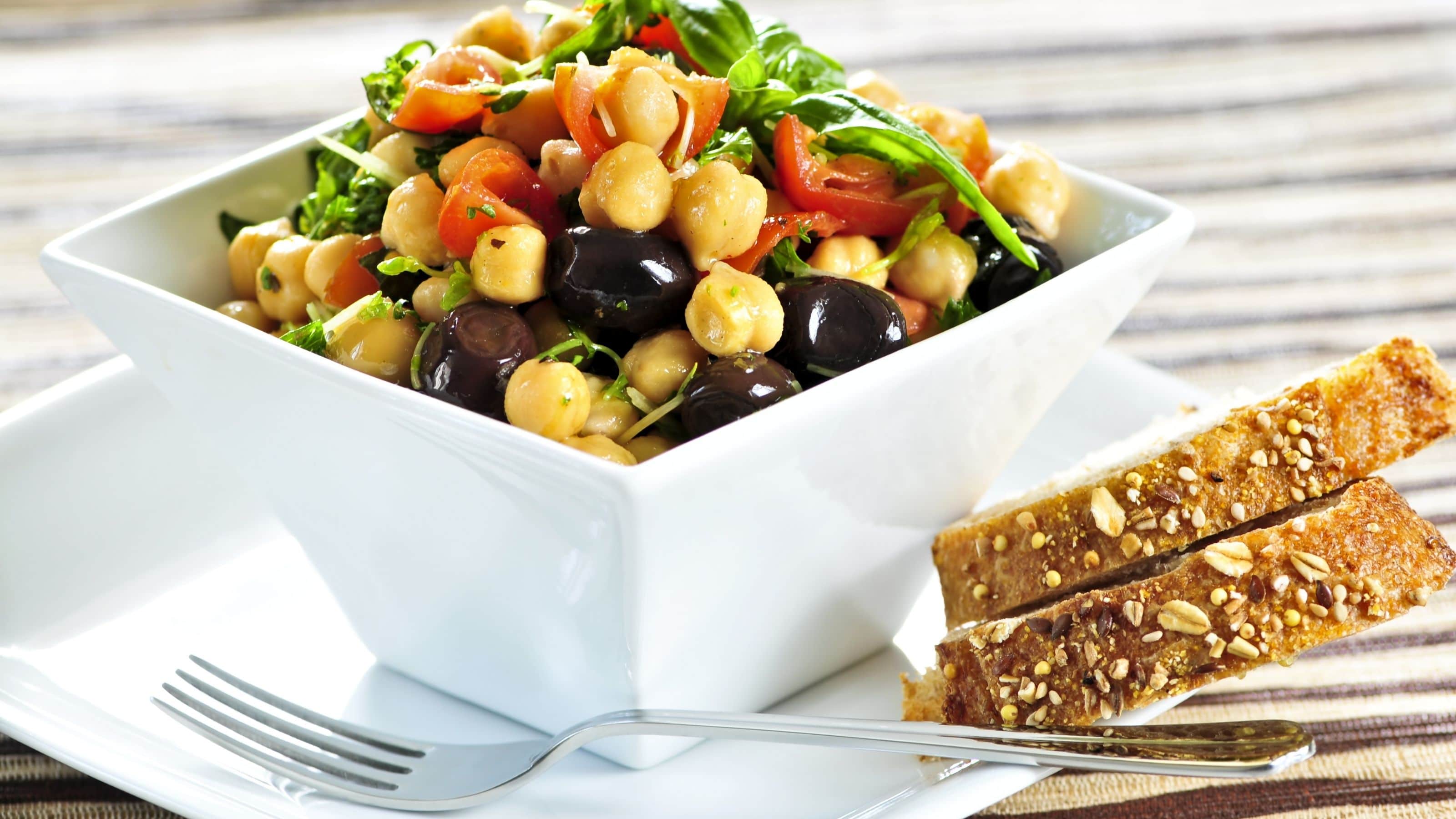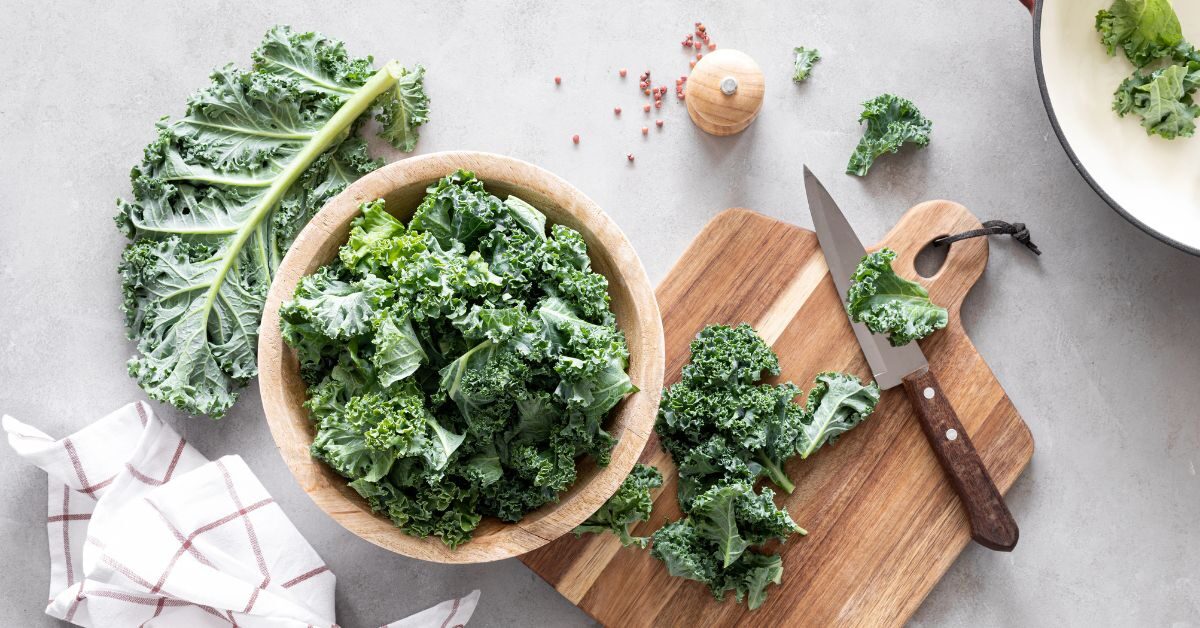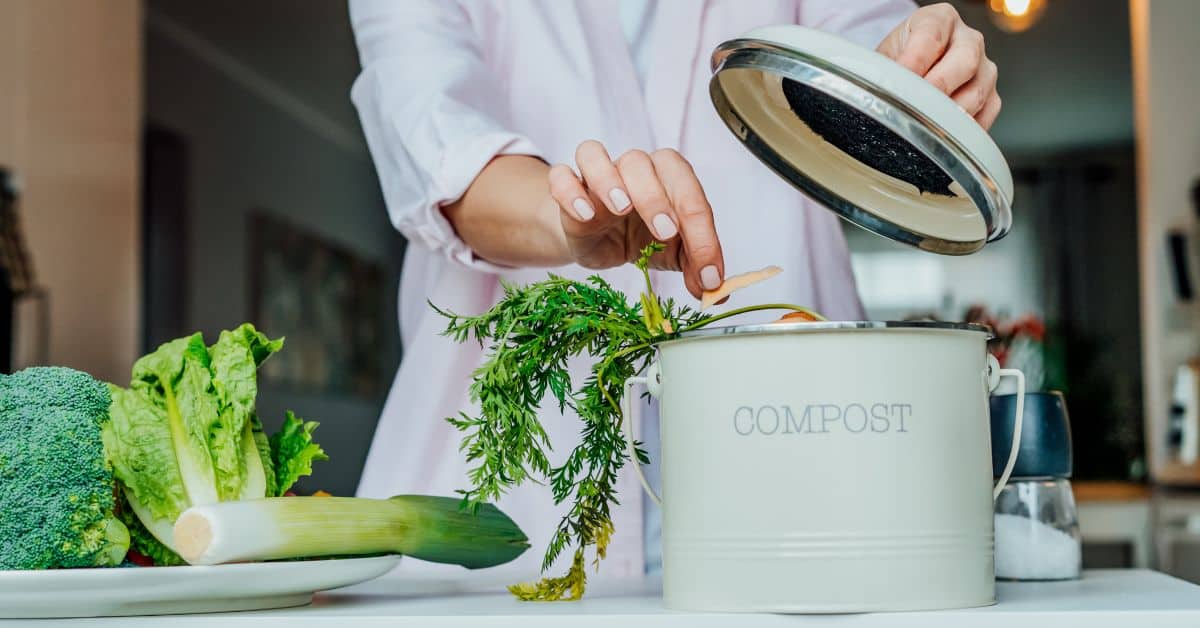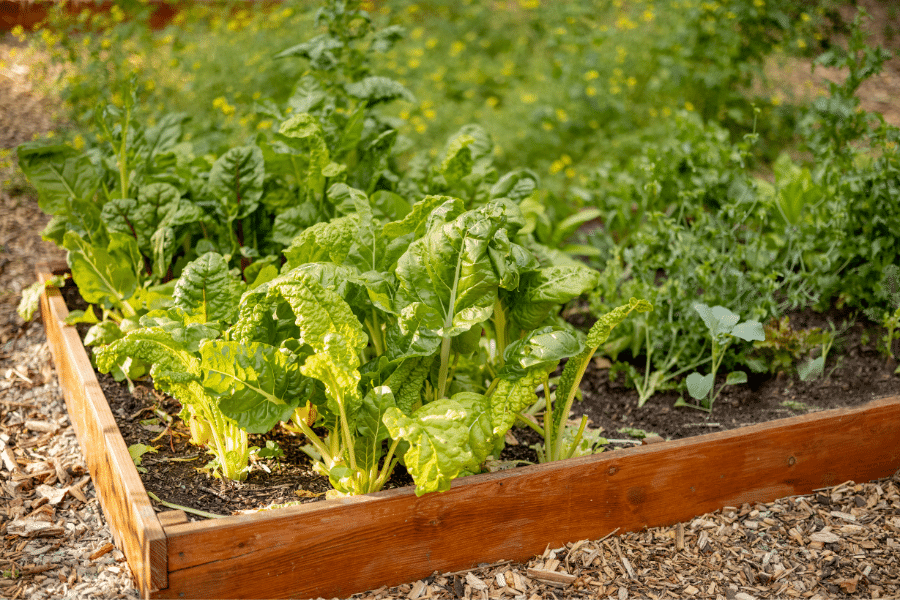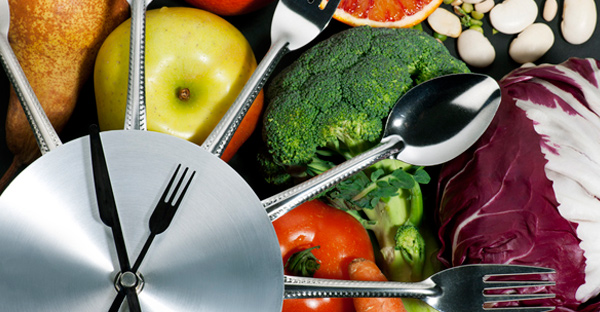
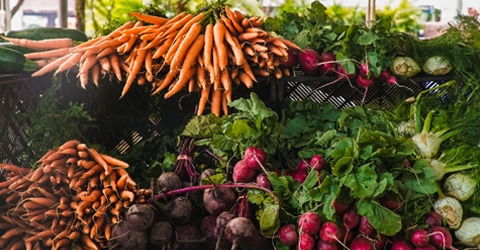
I didn’t grow up eating foods like garlic scapes, carrot tops, or beet greens. But vegetables were always a part of my family’s dinners, so if my mother had served them to us, I would have eaten them. During the late spring and early summer, these nutritious foods are more common in backyard gardens than in the produce aisles of your local grocery store. But hopefully, with the growth of local farmers’ markets and Community Supported Agriculture (CSA) programs, they will become more accessible than ever before. If you are new to these hidden gems from the garden, here is a quick primer to help you get started in using them.
Garlic Scapes
As scallions are to onions, garlic scapes are to garlic—they are the edible stems or stalks that grow from the bulbs of garlic plants. If left alone, they flower as the plant matures, and they are only available in late spring and early summer. According to the Farmer’s Almanac, “they are a good source of protein, vitamin C, and calcium and, like garlic cloves, can help to prevent heart disease, high cholesterol, high blood pressure, and cancer. They can also provide immune system support and reduce inflammation.”[1] Further research on the extent to which garlic, and by extension garlic scapes, can help prevent disease is ongoing.
Scapes are milder in flavor than garlic cloves, and they mellow even more as they cook. This makes them especially versatile. While they’re most popular in dishes like pesto and hummus, they’re also good in stir fries, soups, and stews. They can be eaten in salads, pickled, or even enjoyed as a side dish. However, keep in mind that garlic scapes become more fibrous (stringy) as they mature. To help with this, you may want to blanch them before using them in a dish.
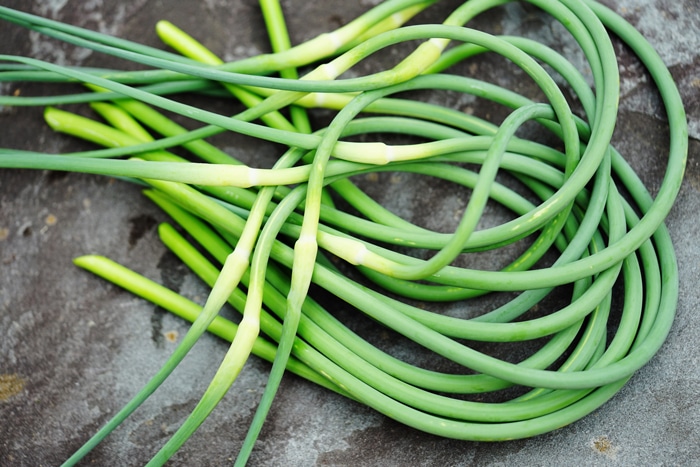
An easy way to think of how to use carrot tops is as you would use parsley; put them in your favorite tabouli recipe, as a garnish for salad or soup, or add them to your morning smoothie.
Carrot Tops
When I was a kid, my mom would buy bunches of carrots with the green tops still attached, cut off the tops, and discard them. It wasn’t until I was much older that I discovered the culinary uses for carrots tops; I was in college and a friend brought carrot top pesto over for dinner one night. With the addition of garlic and toasted pine nuts, it was delicious!
Carrot tops can be enjoyed as you would parsley: put them in your favorite tabouli recipe, use them as a garnish for salads or soups, or add them to your favorite morning smoothie.
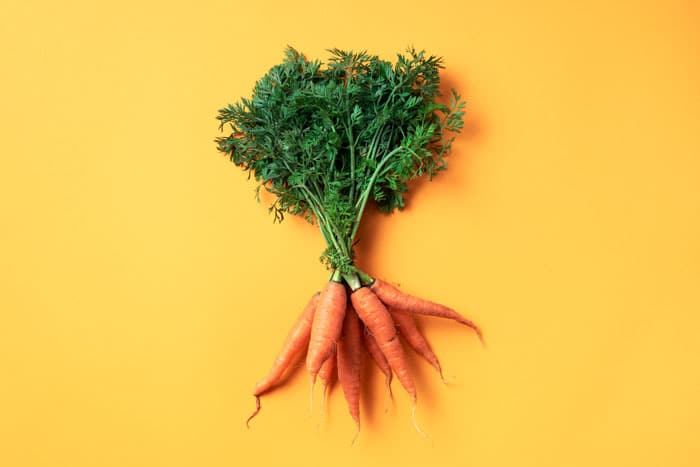
Like garlic scapes, there’s not much nutrition research on carrot tops, but it can be assumed they have a similar nutritional profile to carrots. In the case of certain nutrients, they may even be richer than the carrot root. According to The Guardian, they have six times as much vitamin C as the root.
Beet Greens
This tender leafy green with a red stalk looks a lot like Swiss chard, and it is high in vitamins A, C, and K. It has a mild flavor and a quick cooking time.
My mom used to sauté Swiss chard when I was a kid and I grew up loving it, so the first time I discovered beet greens, I was a fan. Like chard, beet greens are very versatile. Prepare them as you would any other mild green: as a finish to soups, chopped up in salads, or simply sautéed with a little garlic and onion.
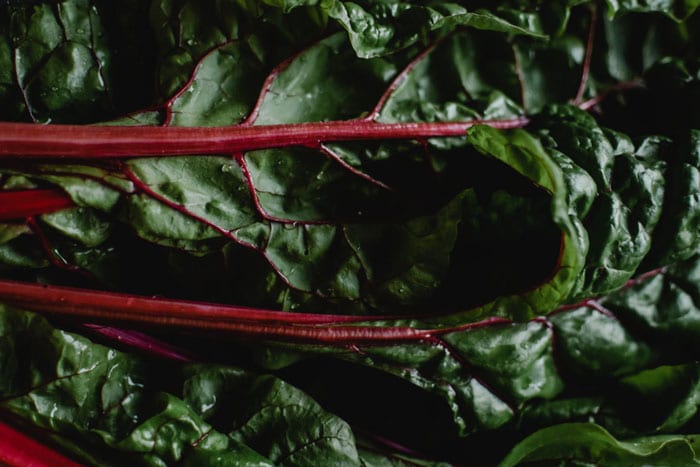
Using the whole plant in your cooking is more nutritious, less wasteful, and more fun than throwing away large edible sections! Get creative with these foods and enjoy the benefits. If you already have a favorite dish that uses any of these ingredients, please share them in the comments below. Here are links to a few of my favorite recipes that use these gems from the garden. Let us know what you think!
References
- McLeod, Jaime. “What The Heck Are Garlic Scapes?” Farmers’ Almanac, 21 June 2021, www.farmersalmanac.com/what-the-heck-are-garlic-scapes-12195.
- “Don’t Discard Those Nutritious Carrot Tops | Waste Not.” The Guardian, Guardian News and Media, 12 Jan. 2019, www.theguardian.com/food/2019/jan/12/carrot-tops-chimichurri-waste-not-leftovers-tom-hunt.
Copyright 2026 Center for Nutrition Studies. All rights reserved.
Deepen Your Knowledge With Our
Plant-Based Nutrition
Certificate
Plant-Based Nutrition Certificate
- 23,000+ students
- 100% online, learn at your own pace
- No prerequisites
- Continuing education credits




